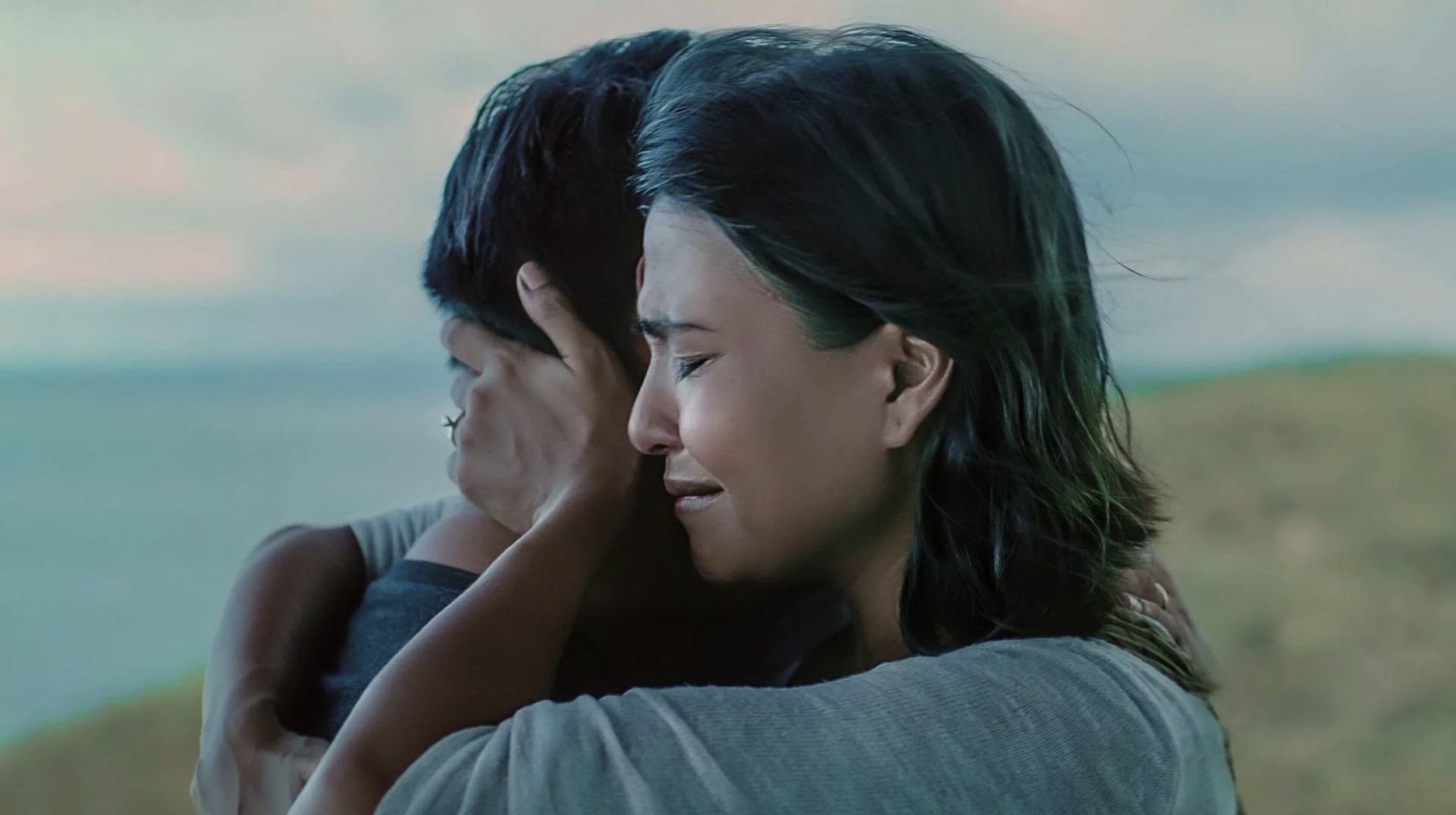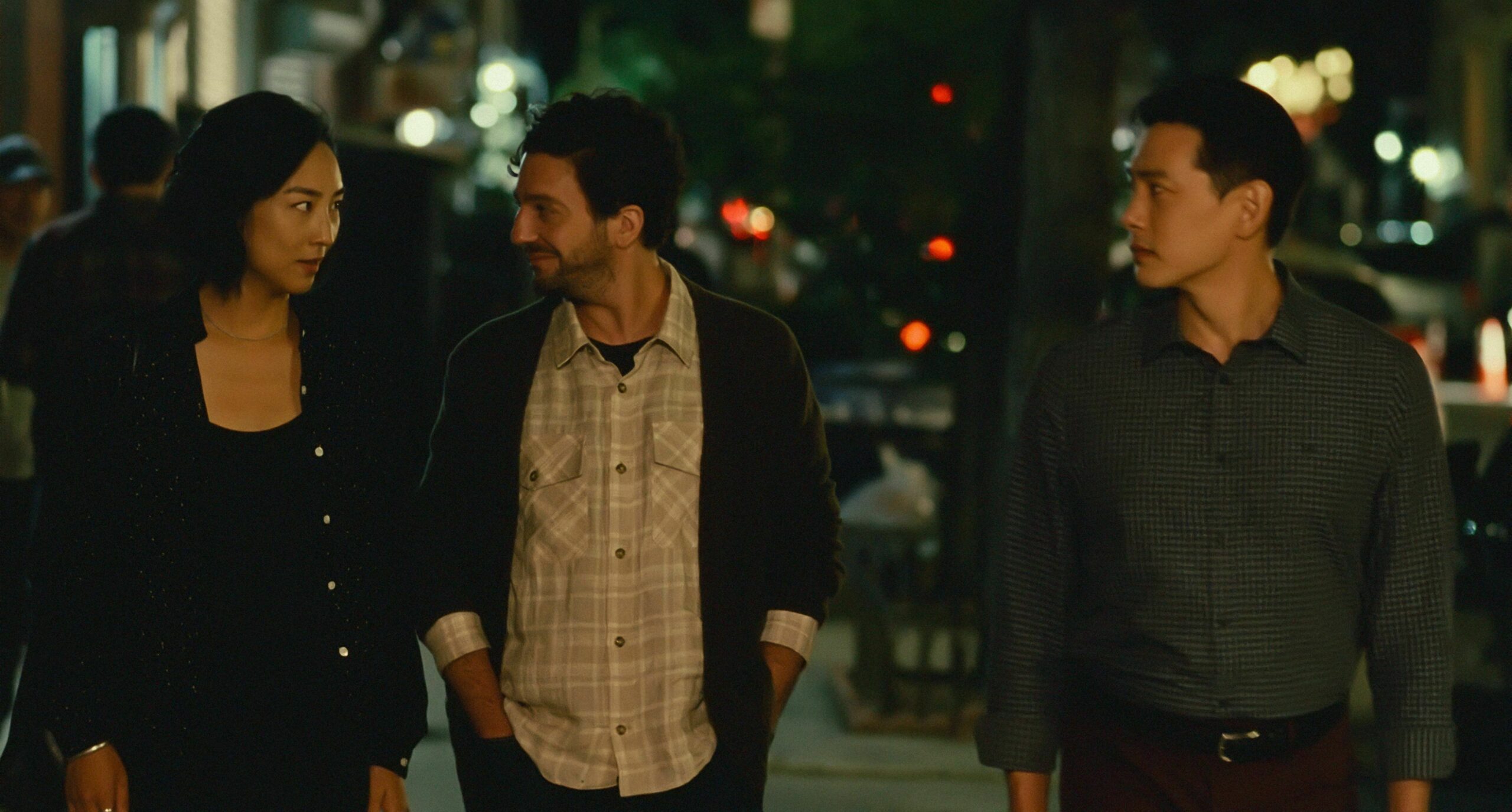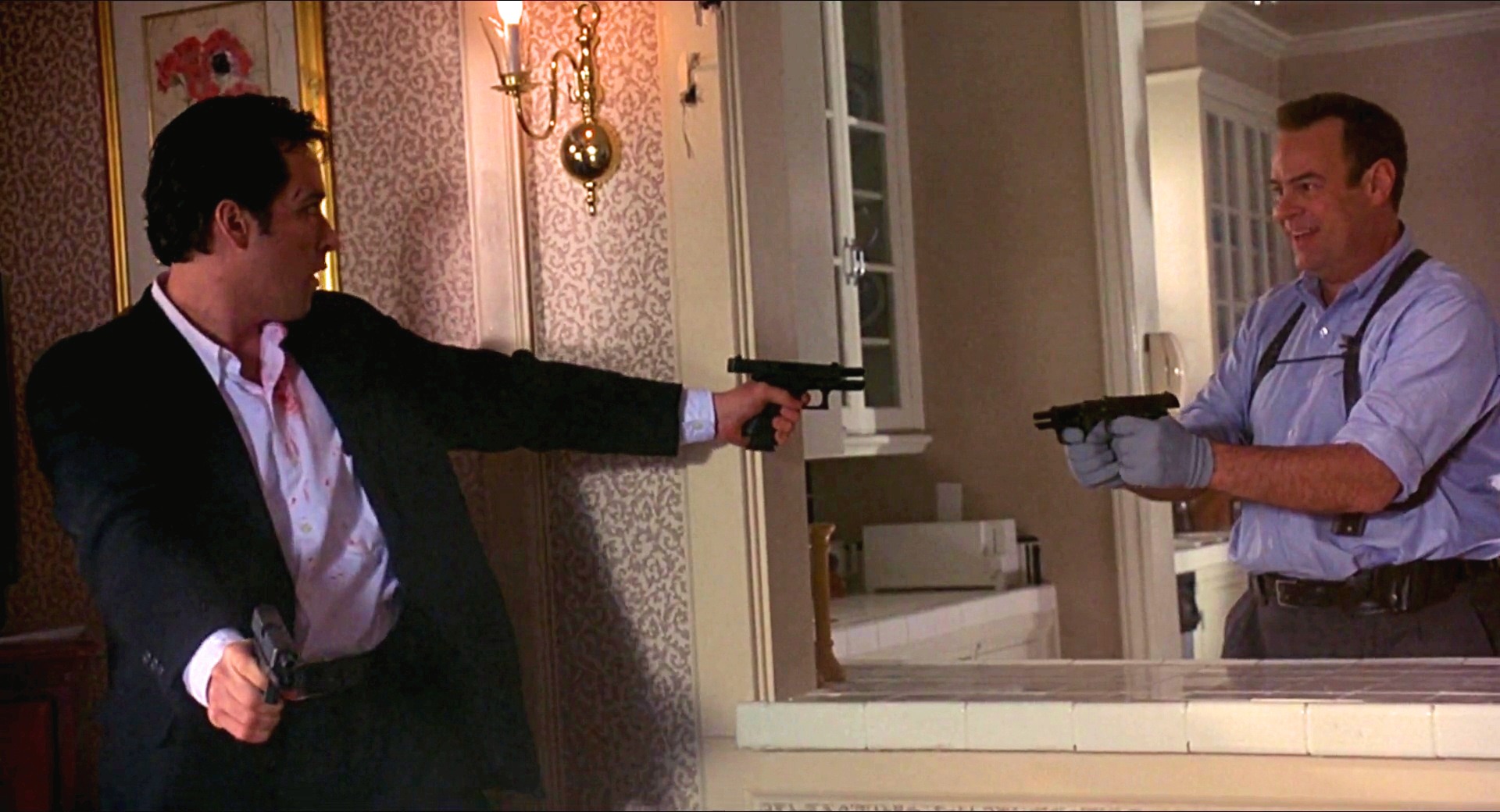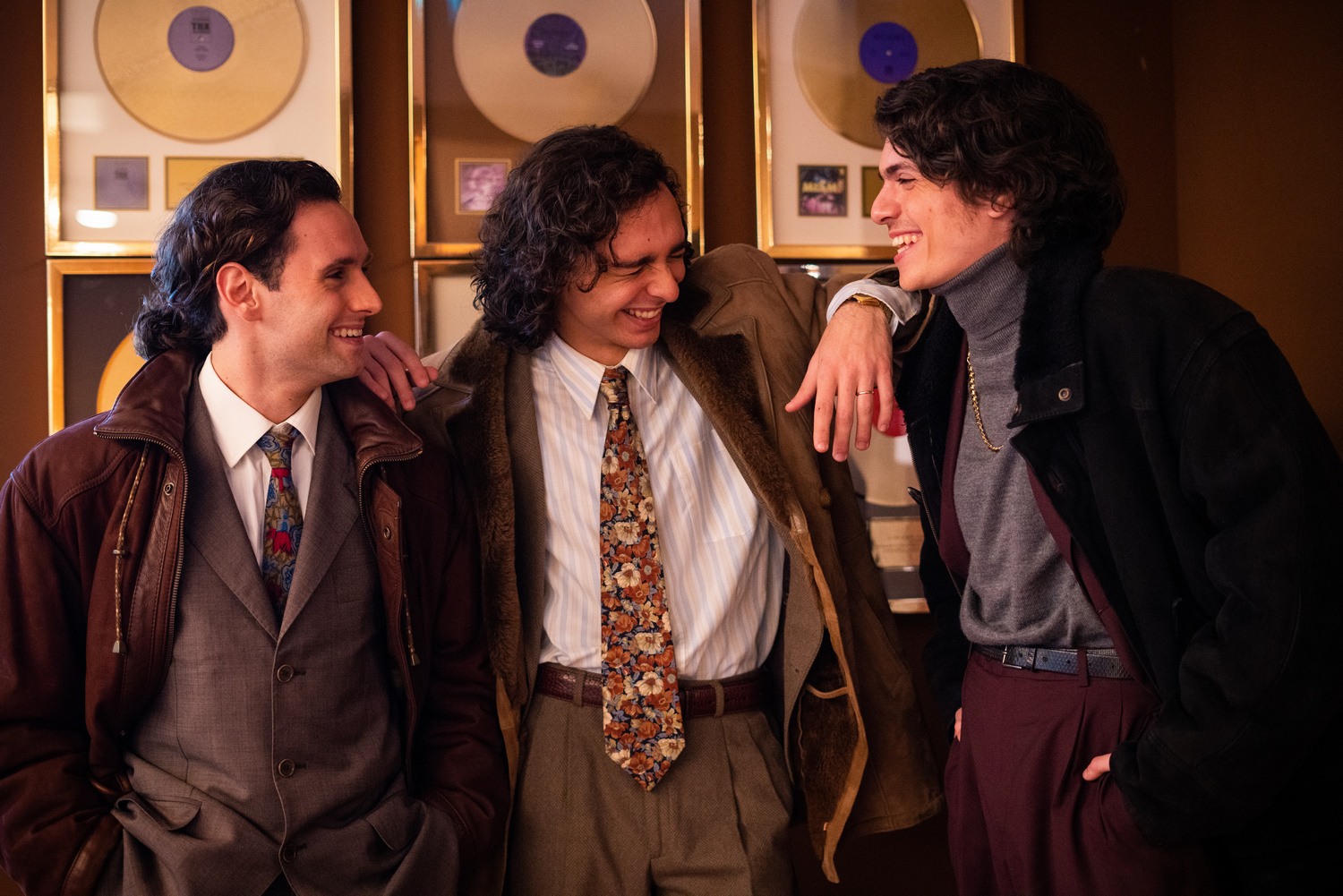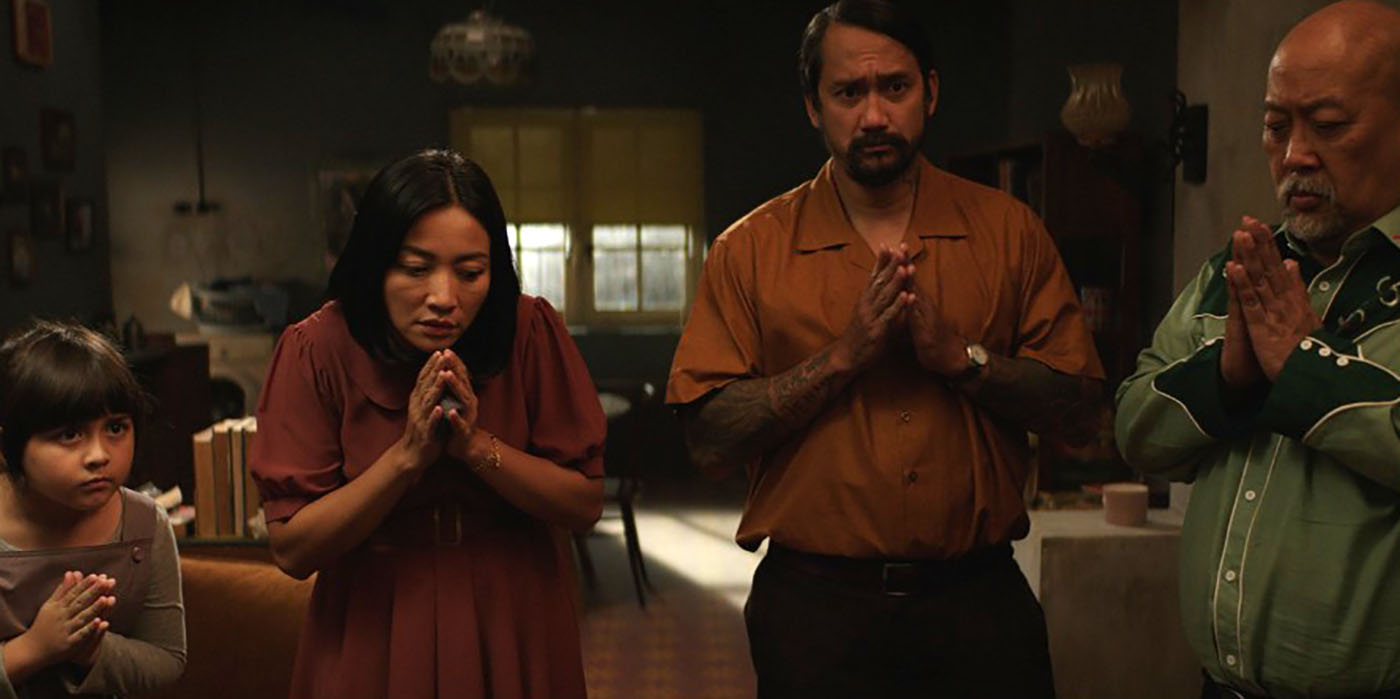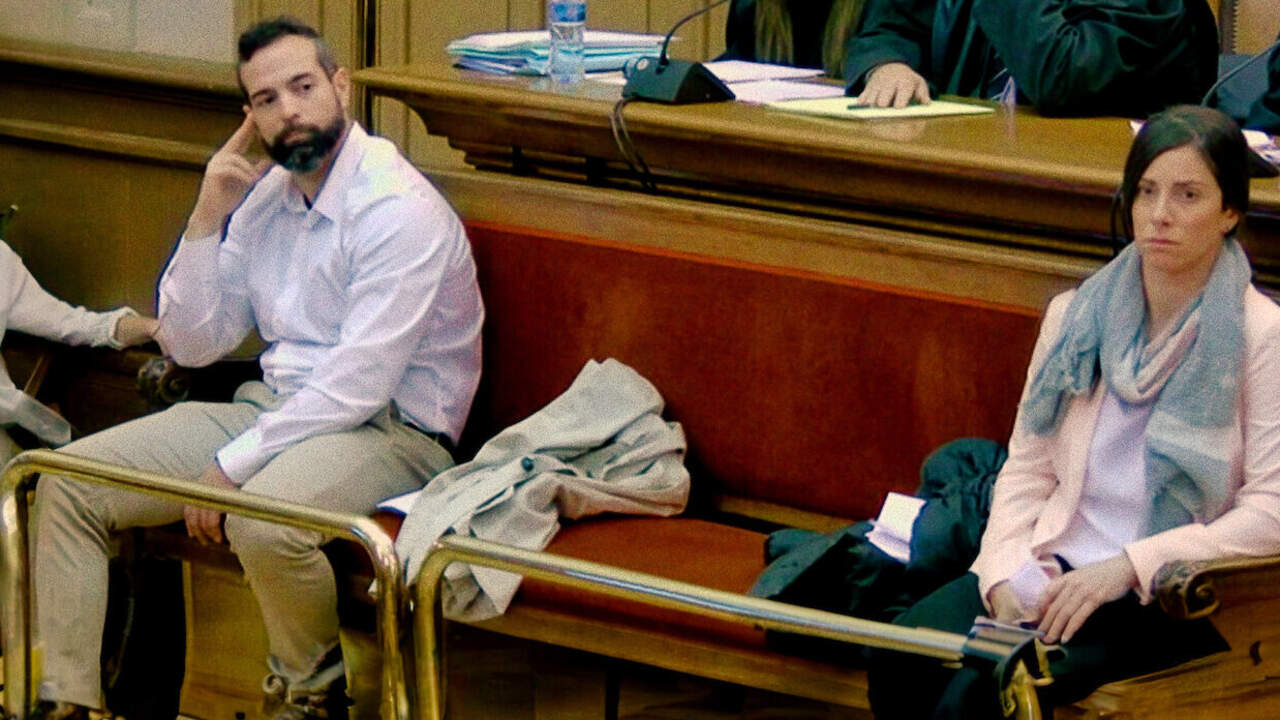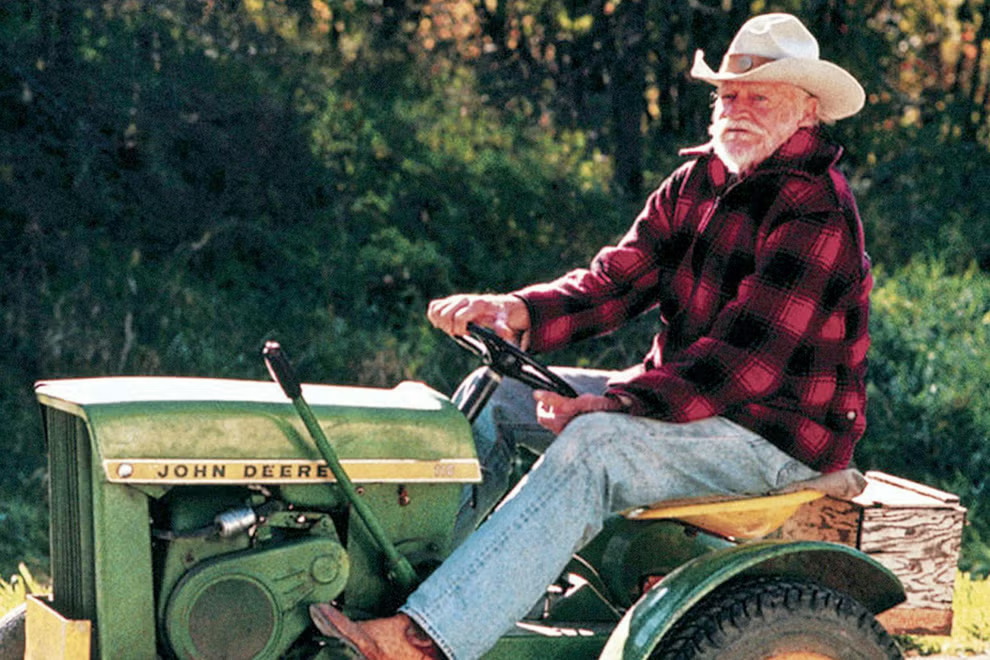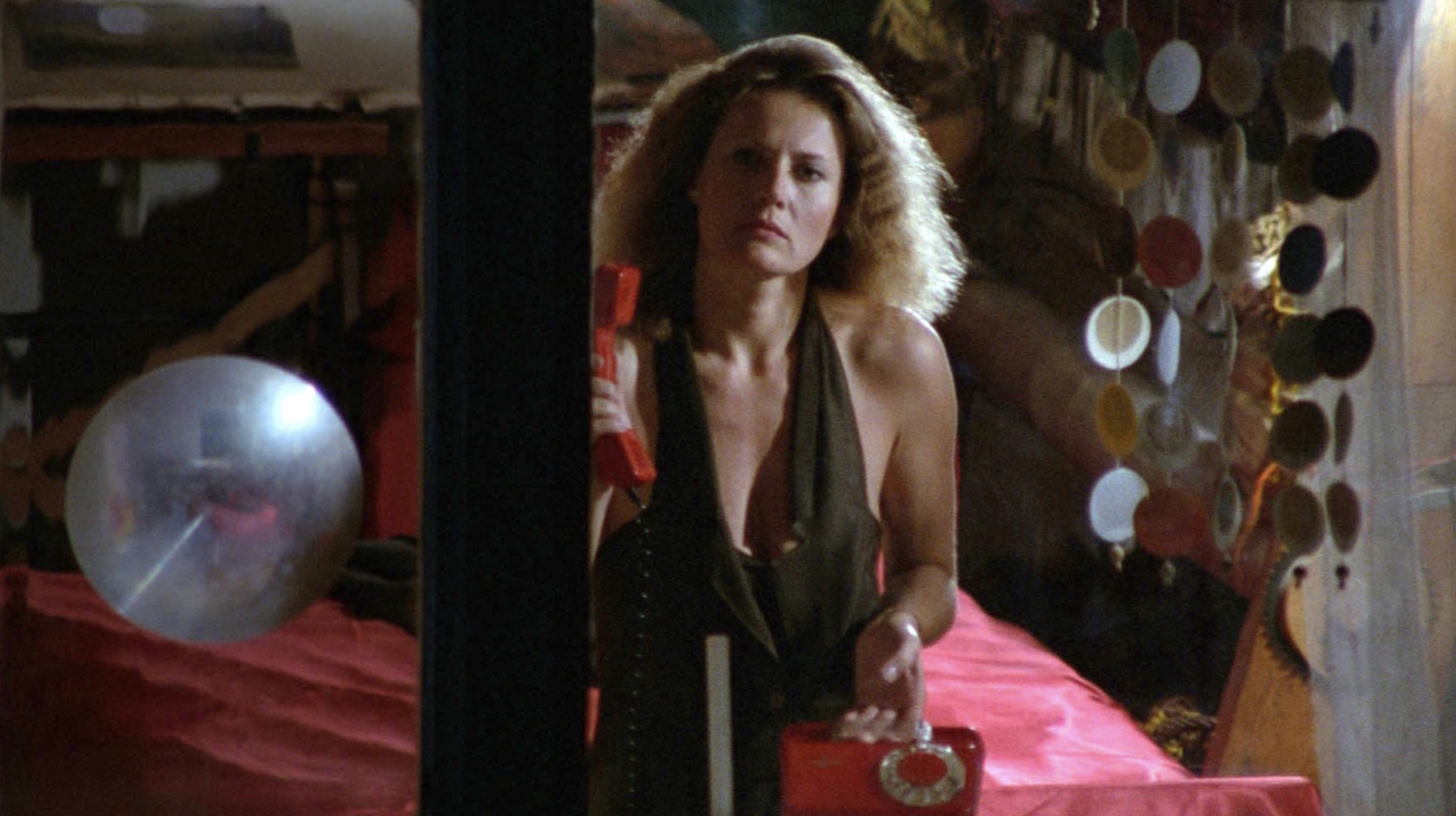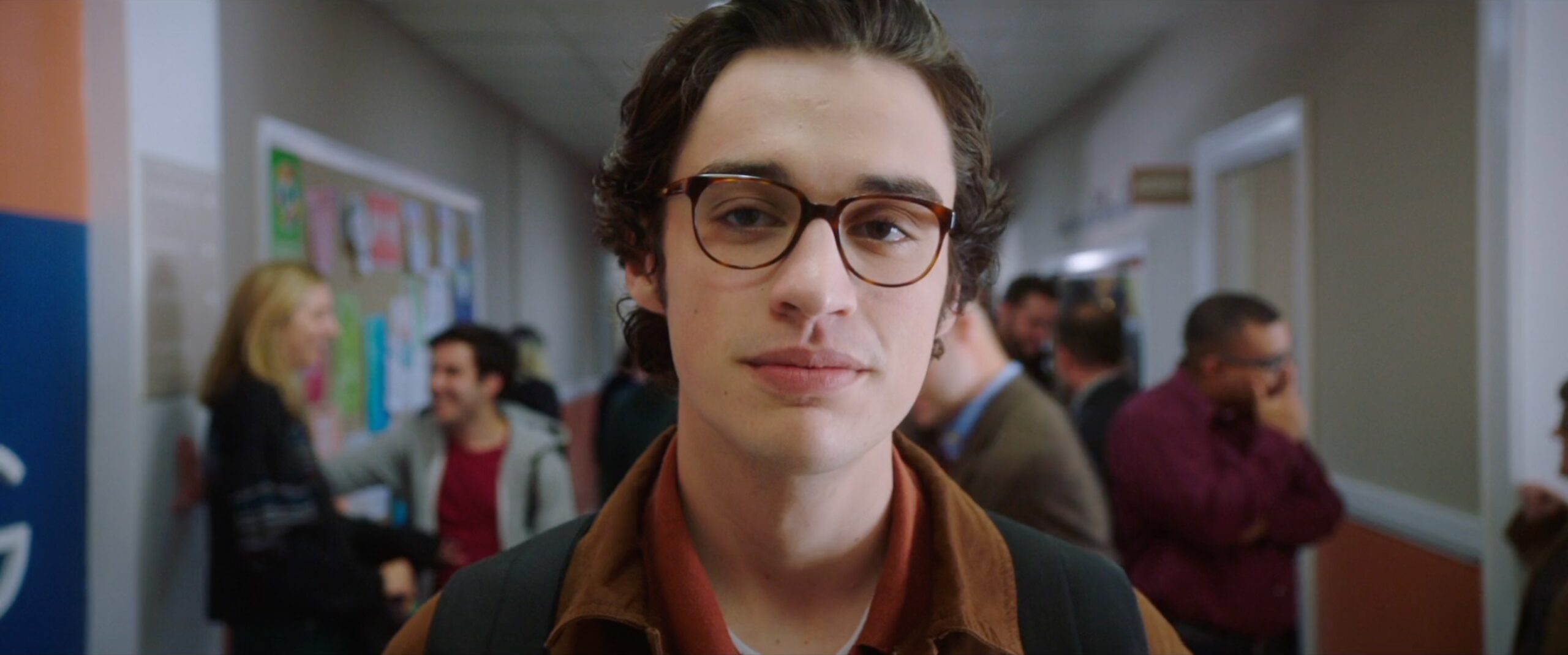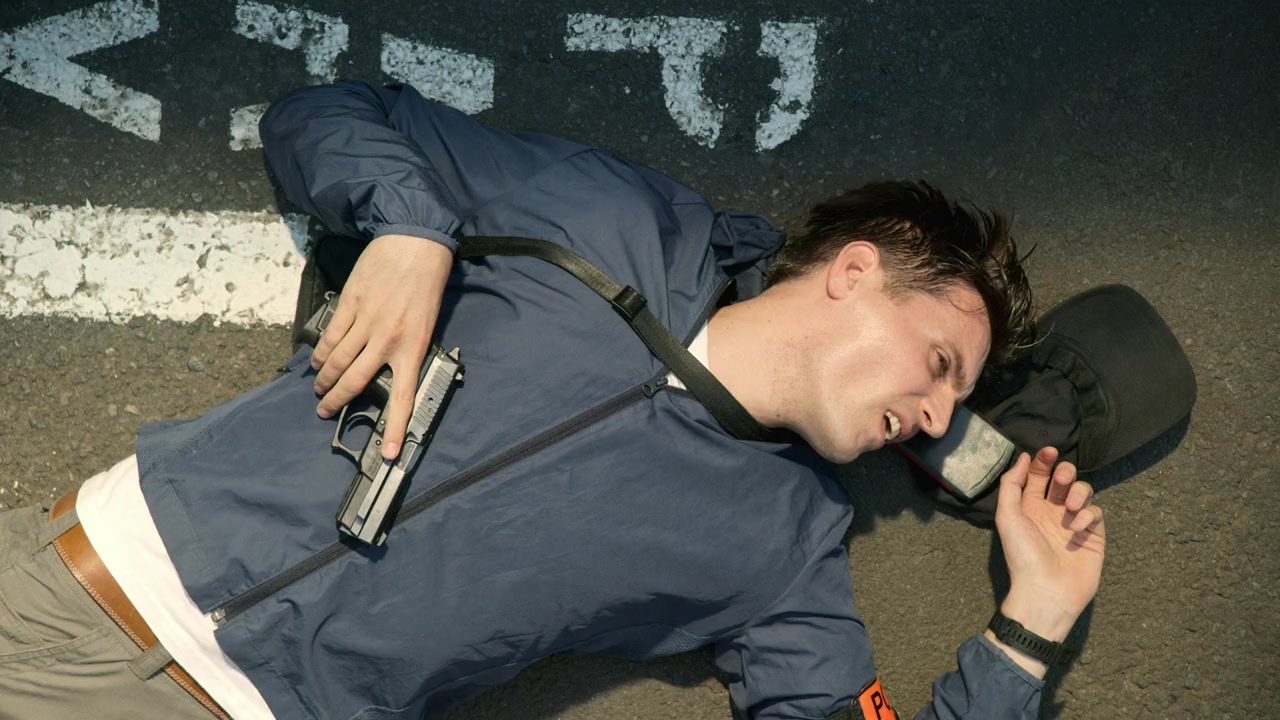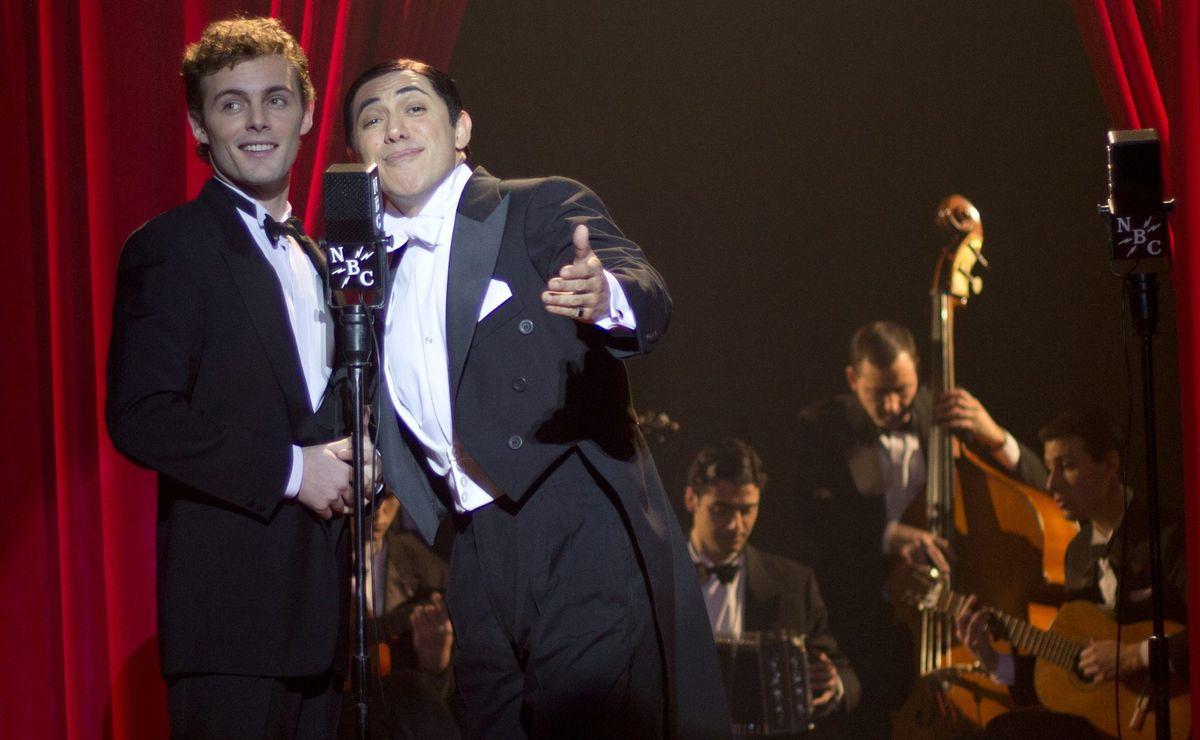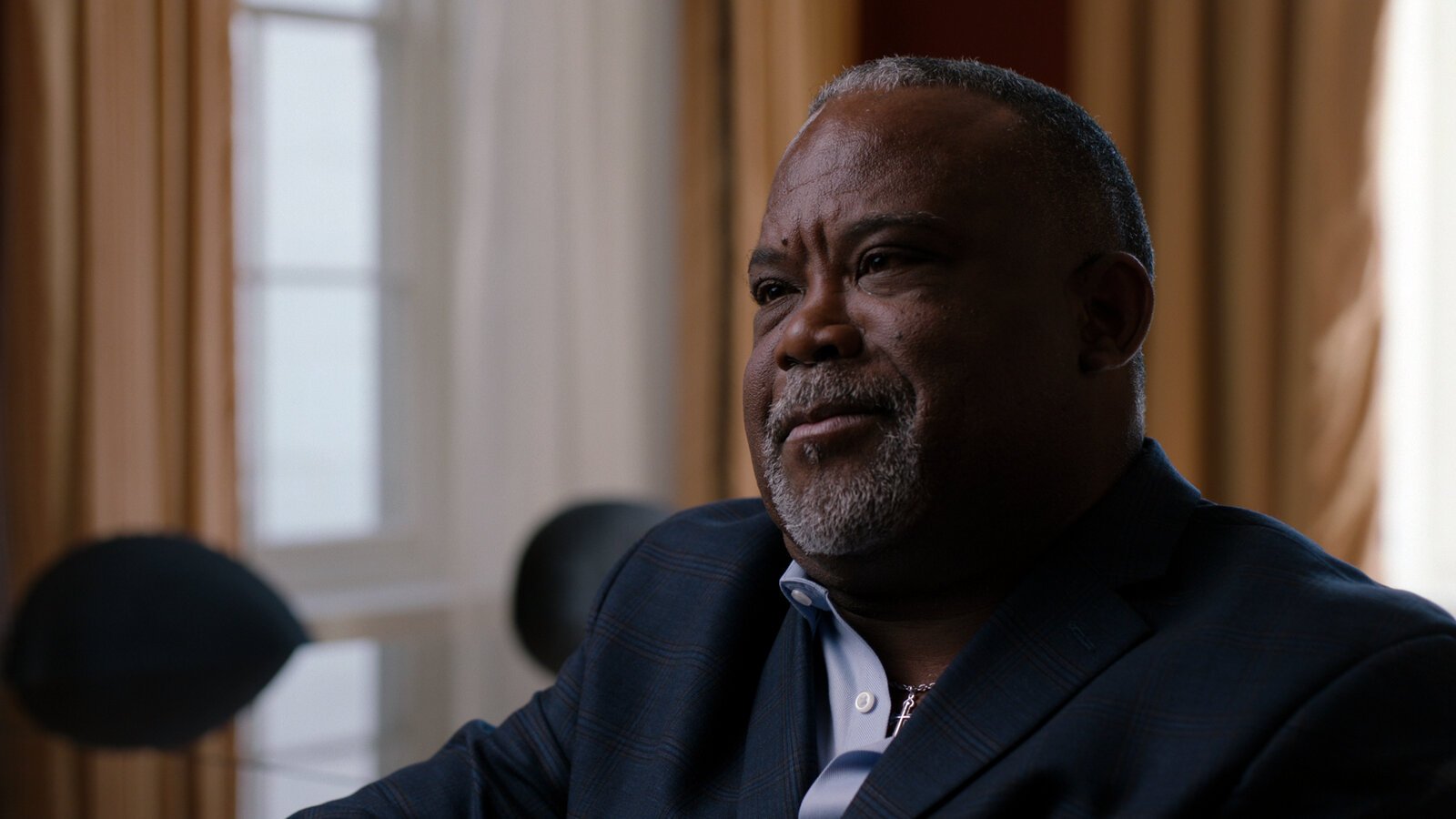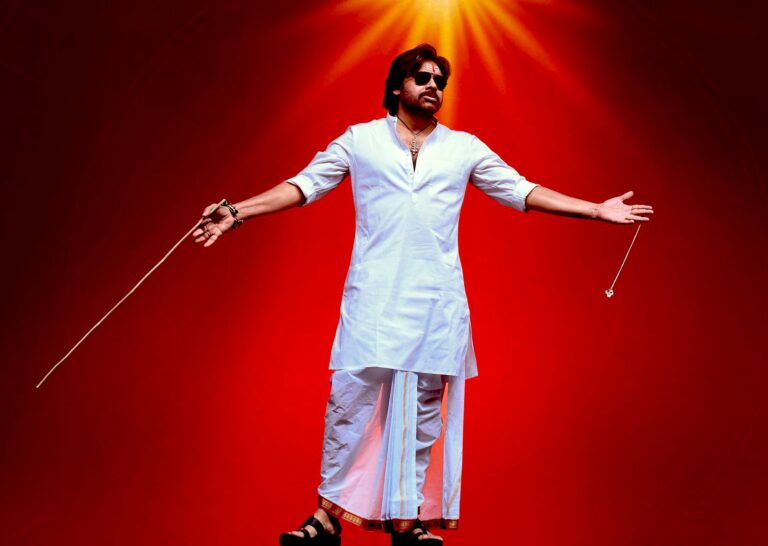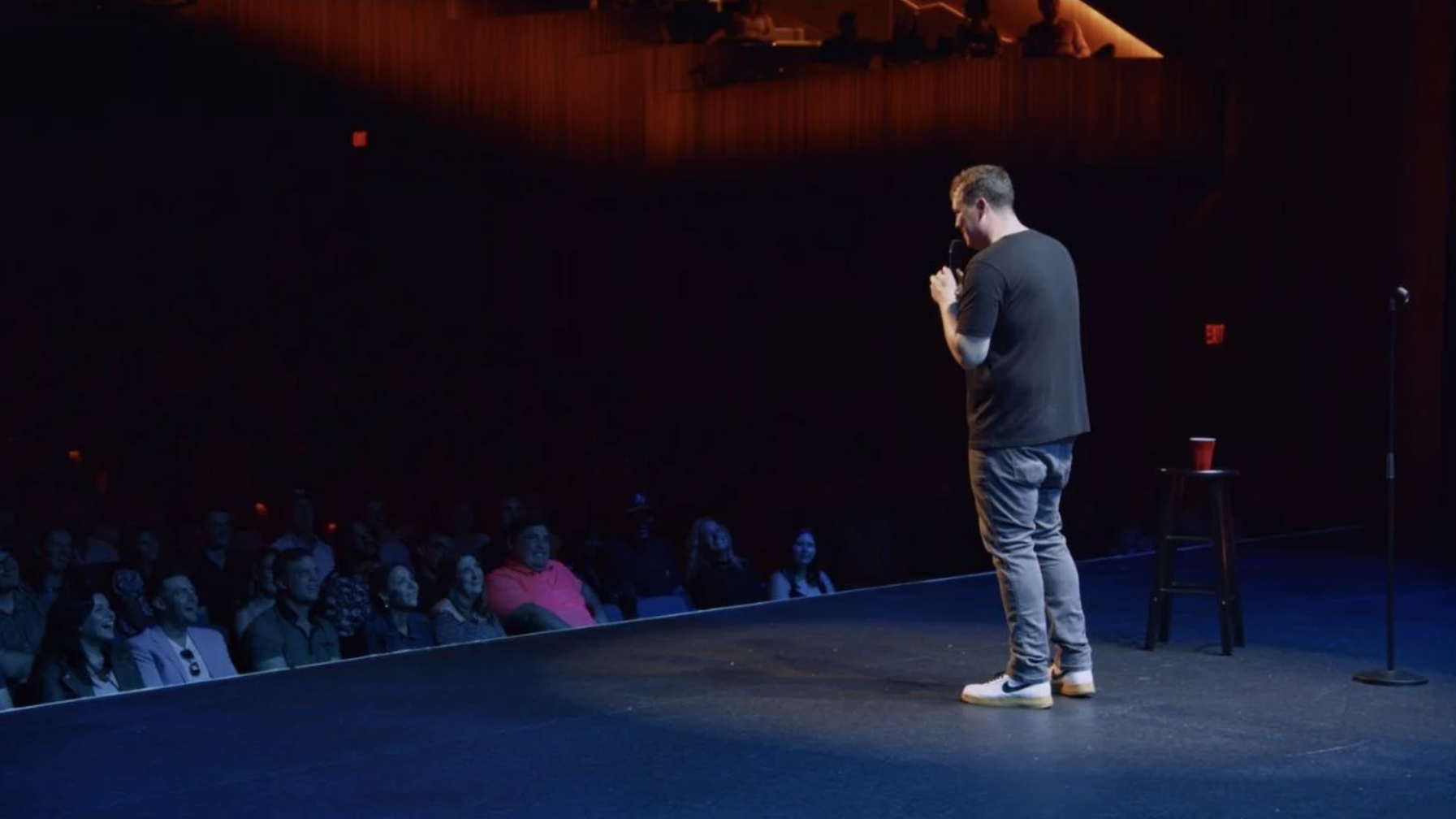Trying to make a mostly two-hander drama with one primary location is much harder than it looks, and What If unfortunately doesn't succeed in taking on the challenge. It has a list of relationship issues that it wants to address (which, to be fair, come off as plausible sources of tension once they're finally brought up) and the performance from Alessandra de Rossi is reliably affecting. But a lack of chemistry between her and JM de Guzman—as well as a tedious first half that shows us their characters' blossoming relationship in the cheesiest ways—makes it very hard to care about them when the arguing eventually starts. Without a strong dramatic foundation, the conflict feels shallower than it should. And without a good use of setting, it all becomes tedious to watch.
Genre: Drama, Romance
Actor: Alessandra de Rossi, Ana Abad-Santos, Chard Ocampo, JM de Guzman, Nicole Omillo
Director: Manny Palo

